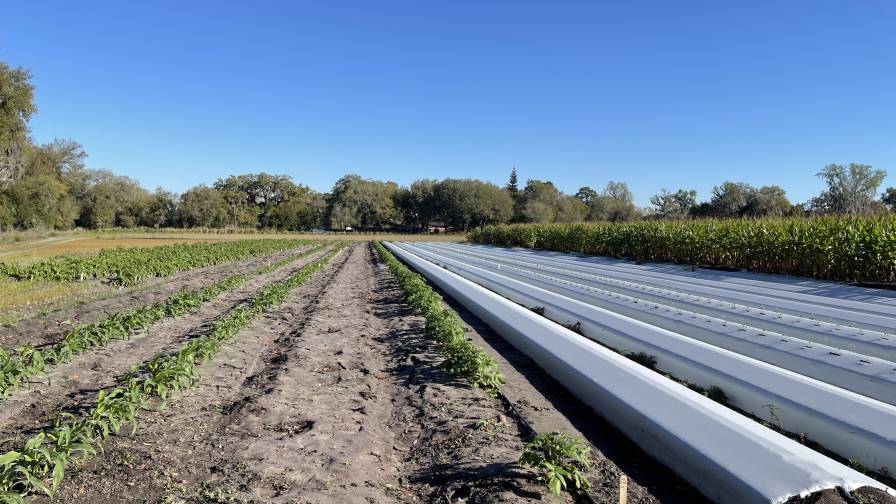How Drought Affects Soil Health
Drought conditions during most of the growing season in Iowa (and other states) can have a profound impact on soil heath, just as when we have extreme wet conditions, according to the Iowa State University Extension and Outreach. The effect of drought can be noticed very clearly on crop performance when the lack of water availability is severe. This water stress can affect soil chemical, physical, and biological activities that are essential for plant and soil health.
One of the obvious effects of drought on soil health is the lack of nutrient uptake by crops, as water is the major medium for moving nutrients into plants as a result of water uptake. The increase in soil temperature associated with lack of soil moisture has an impact on microbial activities and nutrient processing, both of which are important for plant use for biomass and grain production. Microbial activities in soil generally are controlled by soil moisture and temperature. The departure from the optimum ranges of soil moisture (water field capacity) and soil temperature (approximately 76-86o F), which varies for different microbial communities in soil, can alter microbial activity. Changes in soil temperature during drought conditions can affect soil organic matter (SOM) decomposition and increase the release of carbon dioxide. Also, during this process additional mineral N, mostly in the form of nitrate, will be released in the soil system. This change in soil environment affects the stability of SOM and subsequently, affects the soil biological system.
The most profound effect that can be experienced in cropland is the excess release of nitrate which may not be utilized by crops due to the lack of moisture available for the plant to uptake nutrients. This shift in biological and chemical processes during the growing season influences many other relationships that are essential for crop performance, quantitatively and qualitatively, by changing activities that are important to nutrient cycling such as, enzymatic activities, change in soil chemicals concentrations, etc.
Management Practices to Reduce Drought Effects
In order to moderate future drought event’s effect on soil health, several practices can be valuable to enhance soil health by improving soil physical, chemical, and biological properties:
- Crop residue: crop residue can provide important benefits like improving soil moisture with an increase in soil water infiltration during and off-season as well as increase recharge of the sub-soil profile. The other benefit of residue is the moderation of soil temperature, where crop residue acts as an insulation layer by increasing soil surface reflectance to sun radiation (i.e., change in Albedo, the ratio of the light reflected by surface to that received by it, where residue color is lighter than soil surface). These benefits of crop residue have direct impacts on soil biological and chemical properties by reducing soil temperature and the slowdown of organic matter mineralization. The increase in soil organic matter can increase soil water storage capacity. The other benefit of moisture conservation and its availability to crops during drought periods is the increase of utilization of nutrients and reduction of nutrient concentration in soil and loss during off-season rain events.
Read more at Iowa State University Extension and Outreach.





